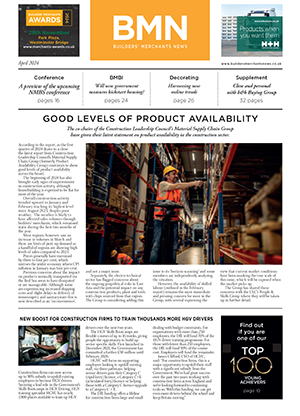Regardless of the product or service you provide, one thing is true for every single company in the UK: your business must meet all of the requirements for a safe working environment. But, are you confident that your business does this? In fact, are you entirely sure what is required of you as an employer?
Read on to find out the basic things you need to know, including the governmental bodies that enforce rules and regulations, as well as key pieces of legislation.
Your business must comply with the requirements set out by the Health and Safety Executive
The Health and Safety Executive (HSE) is part of the UK government and is responsible for enforcing all of the rules and regulations relating to health and safety at work. It enforces this legislation, first and foremost, to ensure that your employees are safe while they’re performing their roles.
However, there’s also a strong benefit to businesses in complying with these regulations: doing so decreases the likelihood of harm or injury occurring, which ultimately means that businesses are more profitable. Rules and regulations are there to ensure that businesses needn’t lose working time, suffer injuries or death among their workers, or face damage to their reputation in any way.
The main piece of legislation your business needs to comply with is the Health and Safety at Work Act 1974
The Health and Safety at Work Act 1974 (HSW) is the main piece of health and safety legislation in the UK. For this reason, it’s important you’re familiar with what the act entails and what it requires of you. You can ask a lawyer with specialist knowledge on this subject to assist you with this, or you can use the vast number of guidance documents available on the Health and Safety Executive’s website. Essentially, you have a duty to “ensure, so far as is reasonably practicable, the health, safety and welfare at work” of your employees.
There are two further pieces of legislation you must comply with
The Workplace (Health, Safety and Welfare) Regulations 1992, and the Management of Health and Safety at Work Regulations 1999, both put additional duties on you as an employer. These duties include assessing and managing risks to your employees and others arising from work activities.
One of the most effective ways to ensure your business is complying with the law in this regard is to invest in some good health and safety software. Health and safety software will help you to organise and mitigate against the numerous risks your employees face every day, monitoring risks and reporting on incidents if and when they occur.
Many businesses feel that risk management and incident reporting is something they can handle using their own internal processes and basic technology, but actually, health and safety is often too large and complex of an issue to manage in this way. Medium to large sized businesses in particular will benefit from software that’s been specifically designed to help them report on incidents, investigate occurrences and monitor the health and safety of large numbers of workers in various locations. If your business is growing, or is already quite large, consider investing in good software to help you meet the requirements of a safe working environment.
You also have a duty to report injuries and other work-related diseases, deaths and dangerous occurrences
Finally, something known as ‘RIDDOR’ requires employers, self-employed people and those in charge of premises to report work-related deaths, injuries, work-related diseases and other injuries.
RIDDOR stands for the Reporting of Injuries, Diseases and Dangerous Occurrences Regulations 1995, and it ensures that government bodies have accurate information about what’s actually going on ‘on the ground’, so to speak. It also ensures that businesses are held accountable for failure to meet the requirements for a safe working environment. Businesses can report incidents by telephone or online using the Health and Safety Executive’s website.









